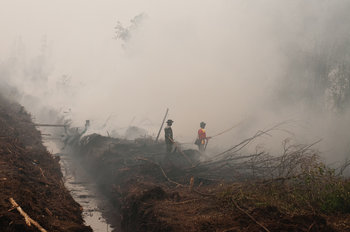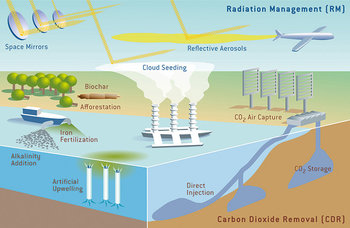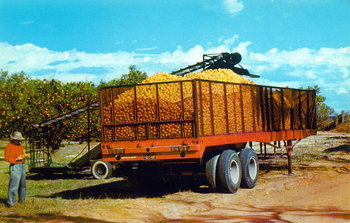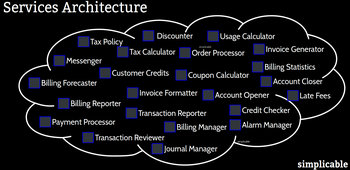|
| |
Dematerialization is an economics term that describes the tendency for economic output to require less materials with time. This is good news for the economy as economic shocks due to commodity price fluctuations become less likely. It's also good news for the environment as economic activity that uses less materials usually doesn't pollute as much. The following are a few examples of dematerialization.
PaperThe shift from paper to electronic data.EfficiencyThe tendency for vehicles, electronics and buildings to become more energy efficient with time.SolarThe phase out of fossil fuels in favor of solar energy.MiniaturizationThe tendency for things to become smaller and lighter with time. Electronic CommerceThe shift from economic activity in physical locations such as shopping malls to virtual locations such as games.|
Type | | Definition | The tendency for a unit of economic activity to require less materials with time. | Value | | Related Concepts | |
Green Design
This is the complete list of articles we have written about green design.
If you enjoyed this page, please consider bookmarking Simplicable.
An overview of existential risk.
An overview of the precautionary principle.
A definition of comparative risk with examples.
The common types of energy efficiency.
The definition of external stakeholder with examples.
Common examples of an economic bad.
The definition of win-lose with examples.
An overview of climate engineering.
Why carbon soil is important.
A list of economic theories that are particularly useful for business.
The tendency for people at high risk to buy insurance.
A list of economic positions or capabilities that allow you to outperform in a particular industry.
A definition of knowledge work with examples.
A definition of production with examples.
An overview of post-scarcity.
The common types of economic infrastructure.
The common types of business competition.
The common types of inefficiency.
An overview of supply with common examples.
TrendingThe most popular articles on Simplicable in the past day.
Recent posts or updates on Simplicable.
Site Map
© 2010-2023 Simplicable. All Rights Reserved. Reproduction of materials found on this site, in any form, without explicit permission is prohibited.
View credits & copyrights or citation information for this page.
|






























